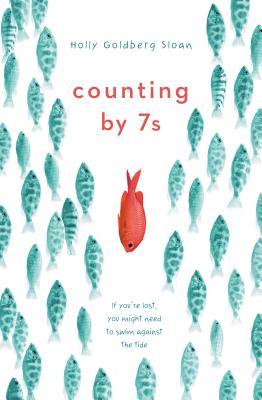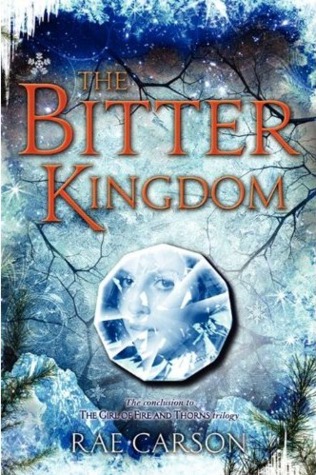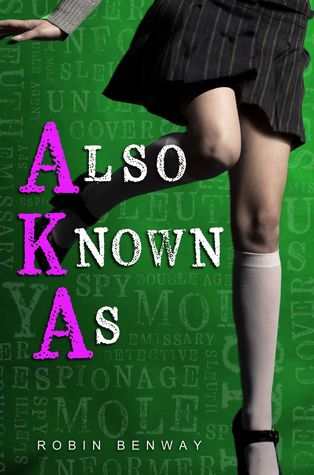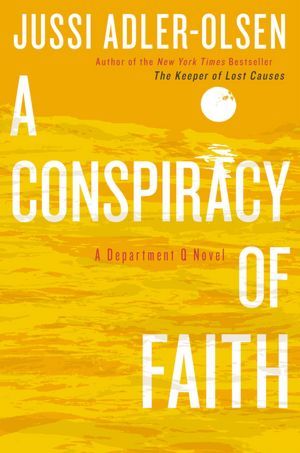 Welcome. And congratulations. I am delighted that you could make it. Getting here wasn't easy, I know. In fact, I suspect it was a little tougher than you realize.
Welcome. And congratulations. I am delighted that you could make it. Getting here wasn't easy, I know. In fact, I suspect it was a little tougher than you realize. "In Bryson's biggest book, he confronts his greatest challenge: to understand -- and, if possible, answer -- the oldest, biggest questions we have posed about the universe and ourselves. Taking as territory everything from the Big Bang to the rise of civilization, Bryson seeks to understand how we got from there being nothing at all to there being us. To that end, he has attached himself to a host of the world’s most advanced (and often obsessed) archaeologists, anthropologists, and mathematicians, travelling to their offices, laboratories, and field camps. He has read (or tried to read) their books, pestered them with questions, apprenticed himself to their powerful minds. A Short History of Nearly Everything is the record of this quest, and it is a sometimes profound, sometimes funny, and always supremely clear and entertaining adventure in the realms of human knowledge, as only Bill Bryson can render it. Science has never been more involving or entertaining."
Of course, this book isn't really a history of "nearly everything", but it sure is an entertaining and absorbing account of the universe's beginnings, and how we as humans have come to partly understand the unfathomably large and wondrous world around us. A Short History of Nearly Everything is such a fascinating book, mainly because the universe is such a fascinating place. There are so many statistics, so many facts, that are nearly impossible for the human brain to comprehend. The universe's age, for example, and how it got to be that way. In the very beginning of the book, Bryson discusses the fact that what became the universe was once smaller than a proton. But to us it seems obvious that there must have been something around that little space. There couldn't just be nothing. But of course there was nothing. It's paradoxes like these that intrigue me and many others and that Bryson attempts to explain to the layman in this book.
As he points out, there are a lot of questions that we feel like we ought to know the answer to, and feel ashamed of actually asking. There are so many things that I use and take for granted that I know very little about; it's scary how unknowledgeable I am about computers, the Internet, and cars, to name a few examples. Of course, that's not what Bryson delves into here, but it's scientific things like that. His questions are more like how scientists "figure things out...how does anybody know how much the Earth weighs or how old its rocks are or what really is way down there in the center? How can they know how and when the universe started and what it was like when it did? How do they know what goes on inside an atom? And how, come to that - or perhaps above all - can scientists so often seem to know nearly everything but then still can't predict an earthquake or even tell you whether we should take an umbrella with us to the races next Wednesday?" That's from the introduction; I normally skip introductions but this one just drew me in with Bryson's signature humor.
That said, one does get tired of Bryson's humor after a little while; he can be rather smug, and you can tell that he knows he's funny. The problem, I think, is that the style never varies throughout the book, which is what sometimes frustrates me about some nonfiction books. In fiction, the style changes as the story does, but that doesn't really happen here. I realize that it's a science book, but I would still like a bit more variation. After all, Bryson is telling a story of sorts - the story of the universe. Bryson thinks he's so amusing, and that's a drawback that I've found in many of his books (although I haven't read any in a while). Still, it must be said that he is very funny, and he knows how to draw one in very well, whether he's writing about the Big Bang or a hike on the Appalachian trail.
Another unfortunate drawback to this book is that although it was published in 2004, it's already very outdated. There may be many instances of this, but the one that I noticed was that Bryson still referred to Pluto as a planet, when it has since been declared not one. I found it kind of ironic that after 9 years the book's information is a bit out of date, but the earth is billions of years old and 9 years is just an unimaginably small fraction of that. It just shows you how fast scientific research is progressing. I also think that despite the fact that if the history of the universe was squeezed into one year humans would not emerge until late in December 31, it is a mistake to completely devalue our existence. After all, humans have been around for a couple million years, and that's a lot, even if it's nothing compared to the whole timespan. And you know what? We've accomplished a lot of great and a lot of terrible things in the time we've been here. That said, it's important to remember that we're not as important as we'd like to believe: laughably insignificant, in fact. Still, viewed on a smaller scale, we're a lot of lives.
In A Short History of Nearly Everything, Bill Bryson certainly does cover a lot of different sciences and their histories. He talks about the world's beginnings, about other solar systems, biology, astronomy, paleontology, physics, chemistry, and all of the other disciplines that led people to begin to piece together the history of the world. All of it is fascinating; I simply can't understand those people who aren't interested in the universe, and in the planet we have the good fortune to live on. Really, the fact that any of us are alive at all is miraculous, and we ought to be sensible of that. First of all, if not for just the right combinations, life would have never started on Earth at all. Then, we had to evolve into a human species, and all the genetic combinations had to be just right. It's flabbergasting if you really think about it.
Bryson discusses the entirely likely probability that there might be life somewhere in the vast universe, but that we'll probably never make contact with them because we're just too far away. He talks about the murky area in the 18th and 19th centuries between chemistry and alchemy, and about the sometimes vicious rivalries and enmities between scientists of the time, in their race to discover new things, be it dinosaur bones or certain theories. Bryson also states that by the end of the 19th century "many wise people believed that there was nothing much left for science to do", which is very interesting and kind of funny because obviously there was a lot more for science to do. This is also good to keep in mind because now in the 21st century, it's easy to assume that we've "discovered" everything, when of course that's not true in the slightest.
All in all, this is a thoroughly fascinating and humorous account of how the universe came to be the way it is. The humor may get old after a while, but I was never bored by this book.
478 pages.
Rating: ****






















